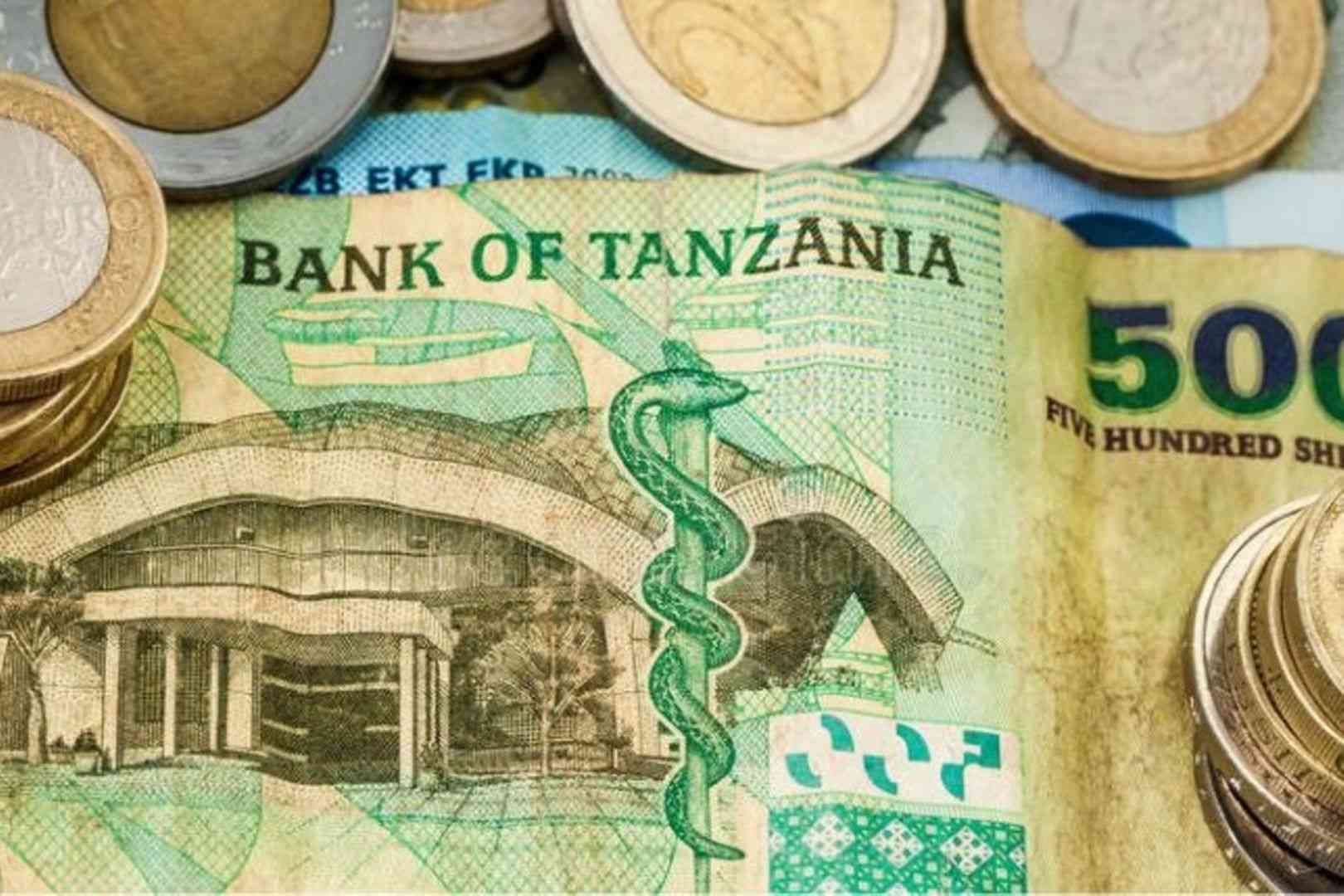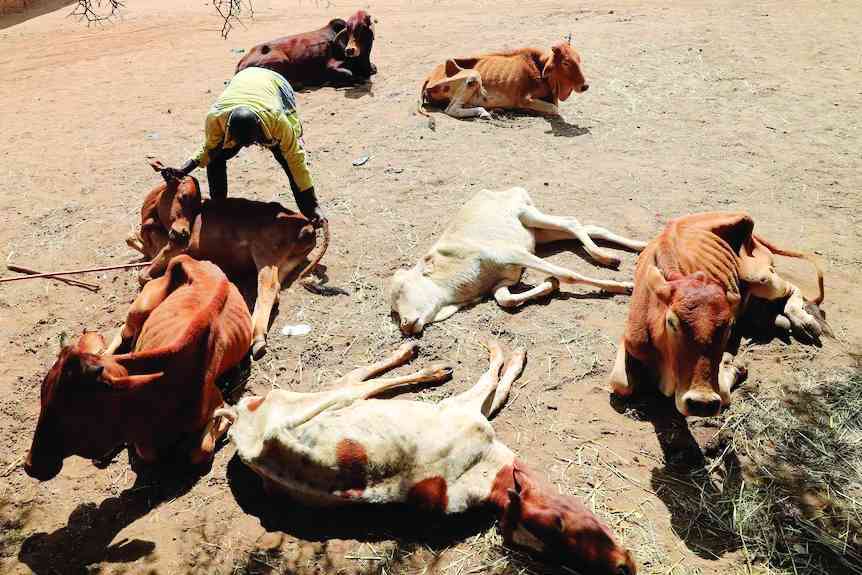
Forex trading in Tanzania is slowly gaining momentum with new traders entering the market every month. This has led to the emergence of a variety of forex brokers in the region seeking to offer their services to different kinds of traders. However, like in other African countries, it can be hard for Tanzanian traders to find the list of registered forex brokers in their country. Additionally, it can be challenging for new traders to understand the best times to trade. In this article, we are going to be looking at forex trading sessions in Tanzania. But before we do that, it is important to understand what forex trading sessions are.
What are Forex Trading Sessions?Forex trading operates 24 hours a day, five days a week. This is because it involves a global network of banks, institutions, corporations, and individual traders. As such, forex trading operates during business hours when institutions and individuals exchange money across borders. However, there are distinct trading sessions during which trading activity tends to be more active and liquid. These trading sessions coincide with the economic activities of different geographical locations. In particular, there are four major forex trading sessions in the world. These include the Sydney session, the Tokyo session, the London session, and the New York session. Let’s look at these different trading sessions in East African Time that Tanzania observes.
What Time Does The Forex Market Open/Close in Tanzania?In Tanzania, the forex market operates in line with the global forex market timings. This typically follows activities in the world's major financial centres. Forex trading in Tanzania starts around 9:00 AM local time and closes around 5:00 PM local time. However, it's important to note that the market is accessible 24 hours a day, five days a week, due to the continuous nature of trading across different time zones. Of course, there is a slight variation in trading activity during different sessions. Moreover, the different trading sessions will have different run times in the local times of different regions. As an example, the Sydney session starts at 3:00 AM WAT in Nigeria while it starts at 1:00 AM EAT in Tanzania.
What is Potentially the Best Time to Trade in Tanzania?Determining the best time to trade in Tanzania largely depends on an individual trader's strategy, preferences, and objectives. However, there are certain periods that typically see increased market activity and volatility, which can present more trading opportunities. One such period is during the overlap of major trading sessions, particularly when the London and New York sessions coincide. This overlap tends to see higher trading volumes as both European and American traders are actively participating, leading to increased liquidity and potential price movements. Additionally, news releases and economic data announcements during this time can significantly impact currency prices, offering opportunities for traders to capitalize on short-term fluctuations. It's essential for traders in Tanzania to stay informed about global economic events and market dynamics to make informed trading decisions during these high-activity periods. However, traders should also be cautious as heightened volatility can increase both profit potential and risk.
What Time Does The Forex Market Open on Sunday in Tanzania?In Tanzania, the forex market typically opens for the week on Sunday evening, aligning with the opening of the Sydney session. This occurs around 1:00 AM EAT in Tanzania. However, it's crucial to note that while the market opens at this time, liquidity and trading volume may be relatively low during the early hours of the Sydney session, as major financial centres such as gradually come online. As a result, price movements during this time may be more subdued compared to other trading sessions. Nonetheless, traders in Tanzania and other countries like Nigeria who wish to engage in forex trading on Sundays can still find opportunities.
Different Trading Sessions in Tanzanian Time The Sydney SessionThe Sydney session usually kicks off the forex trading day. In Tanzania, it starts at 1:00 AM EAT and concludes at 10:00 AM EAT. Usually, this forex trading session is associated with low trading volumes and low volatility. Nonetheless, it offers ample trading opportunities, especially for currency pairs that involve the Australian Dollar and the New Zealand Dollar. This is because Australia and New Zealand have the most financial activities during this session. Notably, the Sydney session sets the tone for the Tokyo session that follows and overlaps with it. Tanzanian traders interested in the Sydney session may focus on currency pairs like AUD/USD, AUD/JPY, and NZD/USD. They should also keep track of price movements influenced by any news releases or economic data from the Asia-Pacific region.
Tokyo SessionThe Tokyo session closely follows the Sydney session and overlaps with it. It begins at 2:00 AM EAT and ends at 11:00 AM EAT. As Tokyo is a major financial hub in Asia, it drives significant trading activity during this session. Notably, volatility tends to increase in this session, especially during the overlap with the Sydney session. Traders can expect heightened volatility, particularly in yen pairs, as Japanese institutions and retail traders become active. Economic data released from Japan can significantly impact currency movements. Tanzanian traders participating in the Tokyo session may consider strategies like momentum trading or trading based on technical indicators like the Ichimoku Cloud, given the increased volatility.
London SessionThe London session is the next forex trading session that overlaps and follows the Tokyo session. In Tanzania, this session runs between 10:00 AM EAT and 7:00 PM EAT. This trading session is probably the most active forex trading session as it overlaps with both the Tokyo session and the New York session. Tokyo, London, and New York are three of the biggest financial hubs in the world. The volatility associated with the London forex trading session makes it an ideal time for active trading. Major economic data releases from Europe can drive price movements. Tanzanian traders active during the London session can employ a variety of strategies, including trend following, breakouts, and news trading. Major currency pairs like EUR/USD, GBP/USD, and EUR/GBP are popular during this time.
- Zimra is now owed over $33 billion as defaults rise
- Fresh warning over gold coins
- DT Bio Mudimba: A sungura perfectionist
- RBZ suspends Access Forex domestic money transfer
Keep Reading
Next up is the New York session which closes out the trading day. This session overlaps with the end of the London session and also features high volatility. In Tanzania, this session starts at 3:00 PM EAT and ends at 12:00 AM EAT. As the final major trading session of the day, the New York session sees significant trading activity, especially during the overlap with the London session. Economic data releases from the United States and any developments in global financial markets can greatly drive volatility during this trading session. Tanzanian traders participating in the New York session may focus on strategies like range trading, as well as capitalizing on market reversals or continuation patterns. Currency pairs involving the US Dollar, such as USD/CHF, USD/CAD, and EUR/USD, are prominent during this session.
Tips for Tanzanian TradersTime Zone Management - Adjust your trading schedule to align with the relevant forex trading sessions to maximize liquidity and volatility. Understand your risk tolerance level and trade the session that best aligns with your needs.
Economic Calendar - Stay informed about upcoming economic events and data releases. They can impact currency prices during specific trading sessions. Additionally, one event during a specific trading session can have a ripple effect on other trading sessions.
Risk Management - All traders should implement robust risk management strategies, including setting stop-loss orders and managing position sizes, to protect their capital.
Adaptability - Further, traders should remain flexible and adapt their trading approach to suit the characteristics of each trading session, whether it's low volatility during the Sydney session or high volatility during the London session.
Closing RemarksUnderstanding the forex trading sessions in Tanzania is crucial for both novice and experienced traders alike. By recognizing the distinct characteristics and opportunities presented by each trading session, Tanzanian traders can effectively manage their trading schedules. Additionally, they can capitalize on market volatility, and make informed decisions. It can be navigating the subdued activity of the Sydney session or leveraging the heightened volatility of the London and New York sessions. Either way, traders should tailor their strategies to align with the dynamics of each session. Additionally, staying informed on economic events and implementing risk management practices are essential for navigating the forex market.







